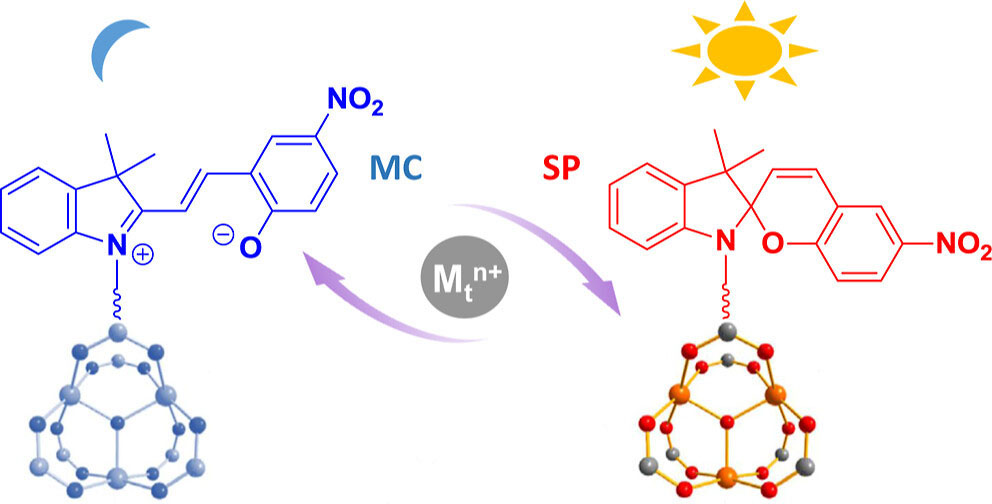| Nov 04, 2023 |
| |
|
(Nanowerk Spotlight) With the global population expanding and freshwater supplies under strain, converting abundant seawater into potable water has become a pressing need worldwide. Desalination provides a potential solution, but conventional methods like distillation and reverse osmosis are energy-intensive and environmentally taxing. Scientists have thus been seeking more sustainable ways to efficiently desalinate seawater.
|
|
Seawater desalination is an energy-intensive process, accounting for about 1% of the world’s energy consumption. Thermal technologies like distillation are the most widespread desalination methods currently, but they are costly and environmentally taxing.
|
|
Adsorption desalination, which uses porous materials to capture salt ions, shows promise as a more sustainable alternative. The materials, however, have drawbacks like low efficiency or difficulty regenerating them without further contaminating water. Typically regeneration involves flushing with chemical solutions, adding to the environmental footprint.
|
|
This is where metal-organic frameworks (MOFs) come in. MOFs are noted for large surface areas and tunable properties, making them well suited for adsorbing and separating molecules. But finding MOFs that are stable in water has been a challenge.
|
|
Now researchers in China report progress toward overcoming this hurdle. In a paper published in ACS Applied Nano Materials (“Spiropyran-Decorated Nanoporous Metal−Organic Frameworks for Reversible Light-Controlled Adsorption of Multiple Salts from Water: Implications for Water Purification”), they describe the development of novel MOF materials that can absorb and release salt from water simply by flipping a light switch.
|
|
The new technology leverages the unique properties of a MOF called NH2-MIL-101Cr, which is based on chromium and organic linkers and stands up well to water compared to other MOFs. The researchers modified this MOF by attaching light-sensitive molecules called spiropyrans, creating materials that could adsorb and release various salt ions in response to light cues.
|
 |
| Spiropyran-Decorated MOF. (Image: ACS Applied Nano Materials)
|
|
A key advantage of this approach is that it enables completely chemical-free regeneration of the MOFs. According to senior author Liming Jiang of Zhejiang University, this work provides a synthetic strategy for salt adsorption materials that don’t require chemicals for regeneration. “As such, this novel light-regenerable adsorbent is anticipated to have a great potential to be applied in sustainable desalination and water purification with the utilization of solar energy,” Jiang said.
|
|
In the dark, the spiropyran-decorated MOFs adsorbed monovalent and divalent salts efficiently. Their ion uptake compared favorably to other recently reported MOF materials. Under simulated sunlight, the MOFs could then release most of the adsorbed ions within 30 minutes.
|
|
This cycle could be repeated at least 10 times while maintaining over 70% of the MOF’s original adsorption capability.
|
|
The light-switchable approach also worked on synthetic brackish water containing a mixture of salts. Absorption was lower than for single salts, but the material still removed appreciable amounts of ions, with magnesium being captured most efficiently.
|
|
While promising, questions remain about how the spiropyran-MOFs would perform treating actual seawater, which contains many different salts and impurities that could interfere with adsorption and regeneration. Evaluating the economic feasibility and scaling up the synthesis process also need to be addressed down the road.
|
|
Nonetheless, the study provides a proof of concept for externally controlled, completely chemical-free desalination using MOF adsorbents. Given the abundance of sunlight available, the approach may offer a more eco-friendly and less costly option for converting abundant seawater into freshwater suitable for drinking and agriculture.
|

By
Michael
Berger
– Michael is author of three books by the Royal Society of Chemistry:
Nano-Society: Pushing the Boundaries of Technology,
Nanotechnology: The Future is Tiny, and
Nanoengineering: The Skills and Tools Making Technology Invisible
Copyright ©
Nanowerk LLC
|
|
|
- SEO Powered Content & PR Distribution. Get Amplified Today.
- PlatoData.Network Vertical Generative Ai. Empower Yourself. Access Here.
- PlatoAiStream. Web3 Intelligence. Knowledge Amplified. Access Here.
- PlatoESG. Carbon, CleanTech, Energy, Environment, Solar, Waste Management. Access Here.
- PlatoHealth. Biotech and Clinical Trials Intelligence. Access Here.
- Source: https://www.nanowerk.com/spotlight/spotid=63998.php





